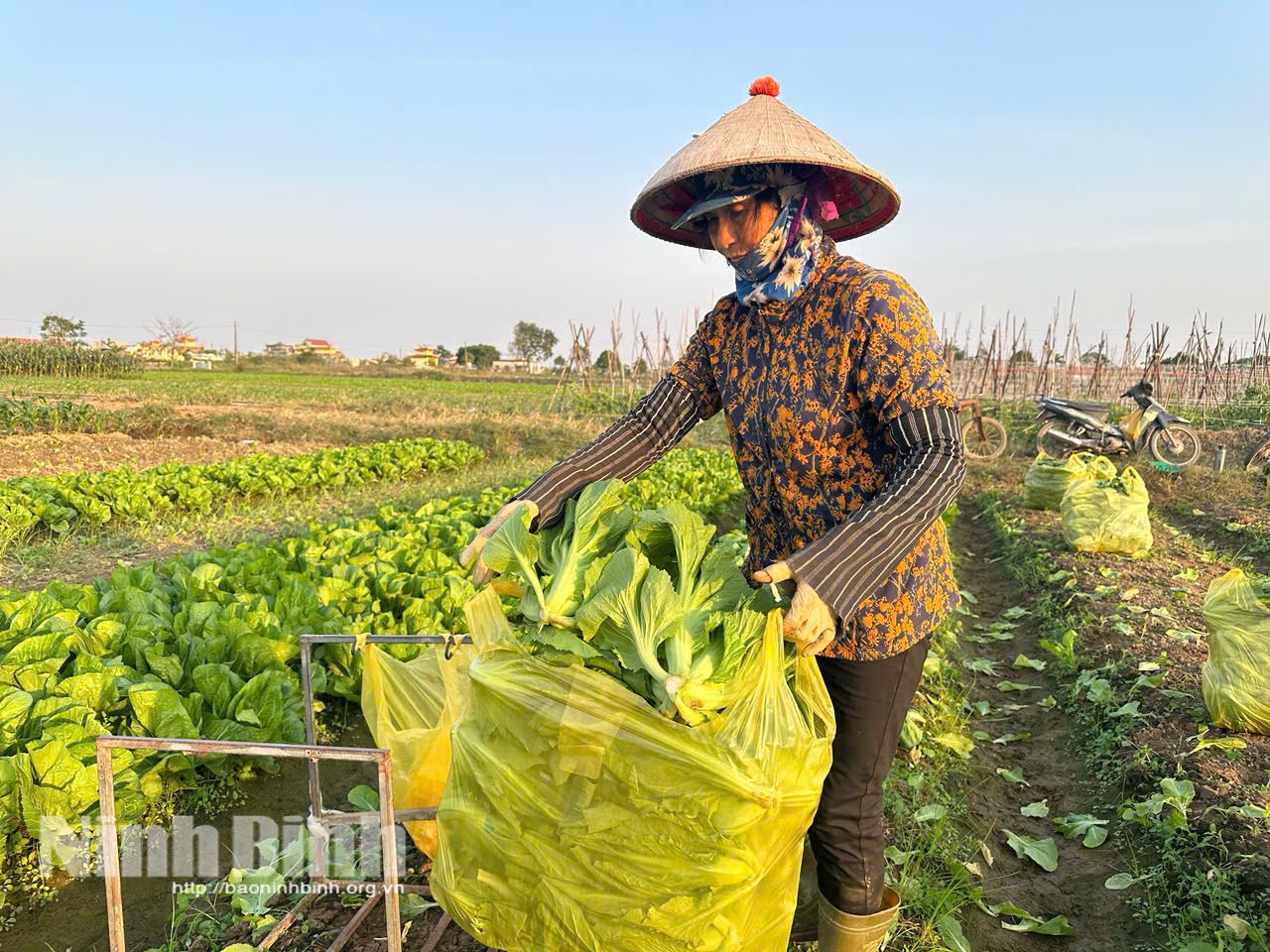
Flexible response
In the vegetable growing area of Yen Thang ward these days, the working atmosphere in the fields is extremely busy. Some people water, some harvest, others are busy preparing the land for the next crop, the biggest motivation is the high price of green vegetables.
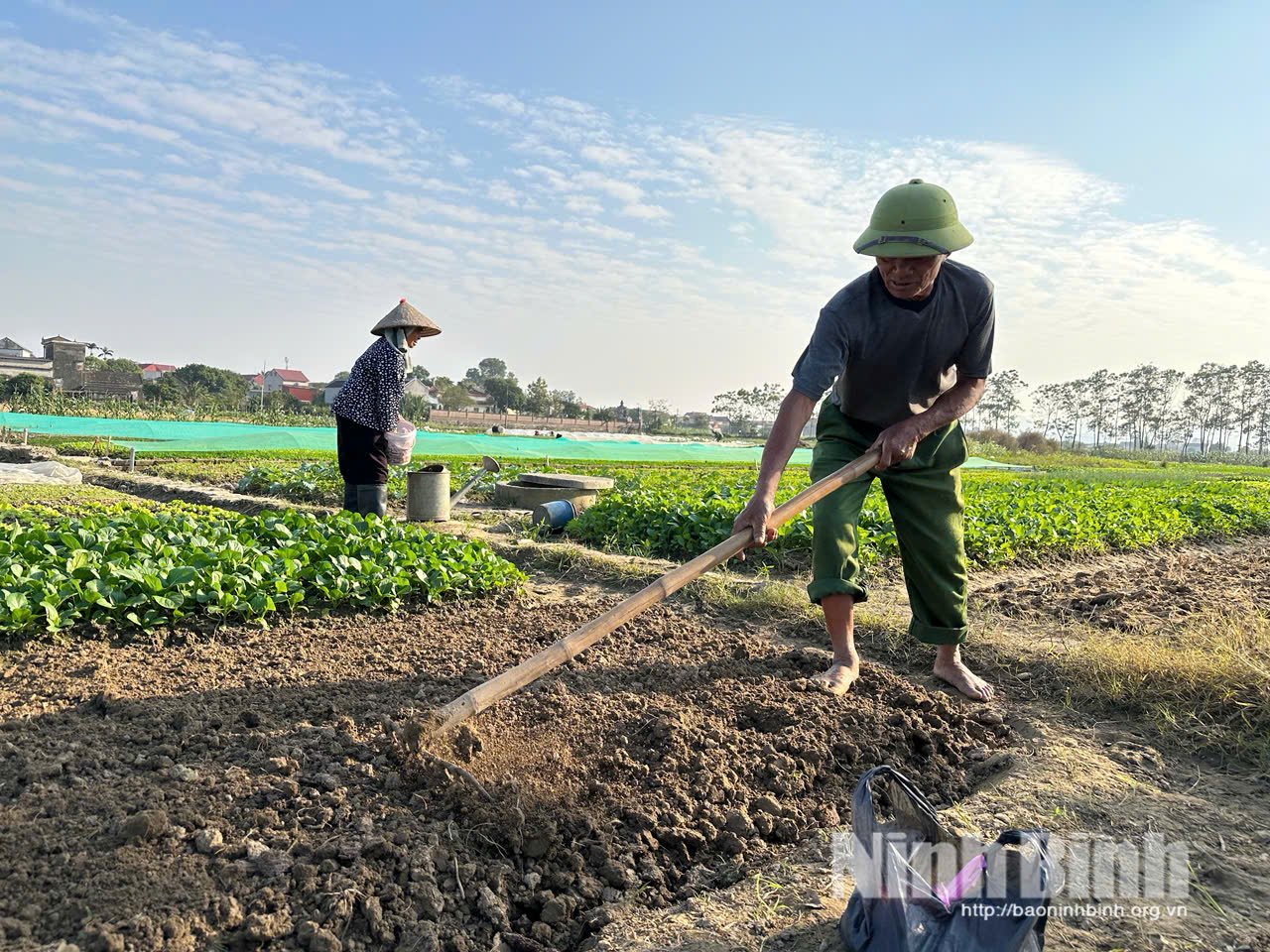
While taking care of 3 sao of chrysanthemum greens, lettuce and mustard greens, Mrs. Lan and Mr. Ha (Tra Tu 1 Residential Group, Yen Thang Ward) shared about the harsh weather this year. “In October, it rained continuously, and in the first half of November, it was cloudy and had long periods of light rain instead of the dry sunshine like every year. We farmers had to manage in every way, investing a lot of money in buying raincoats, buying nets, making shelters, but the vegetables still grew slowly. It has been a dozen days since the weather cleared up and the vegetables have started to grow,” Mrs. Lan recounted.
In return for the hard work of taking care of the plants, the price of vegetables has increased 2-5 times compared to previous years. Specifically: Chrysanthemum greens and mustard greens cost 4-5 thousand VND/bunch; onions 30 thousand VND/kg, coriander 25 thousand VND/kg (last year the highest price was only 15-20 thousand). Thanks to that, every morning when bringing vegetables to the market, the couple earns 400-500 thousand VND, since the beginning of the season they have "pocketed" about 30 million VND.
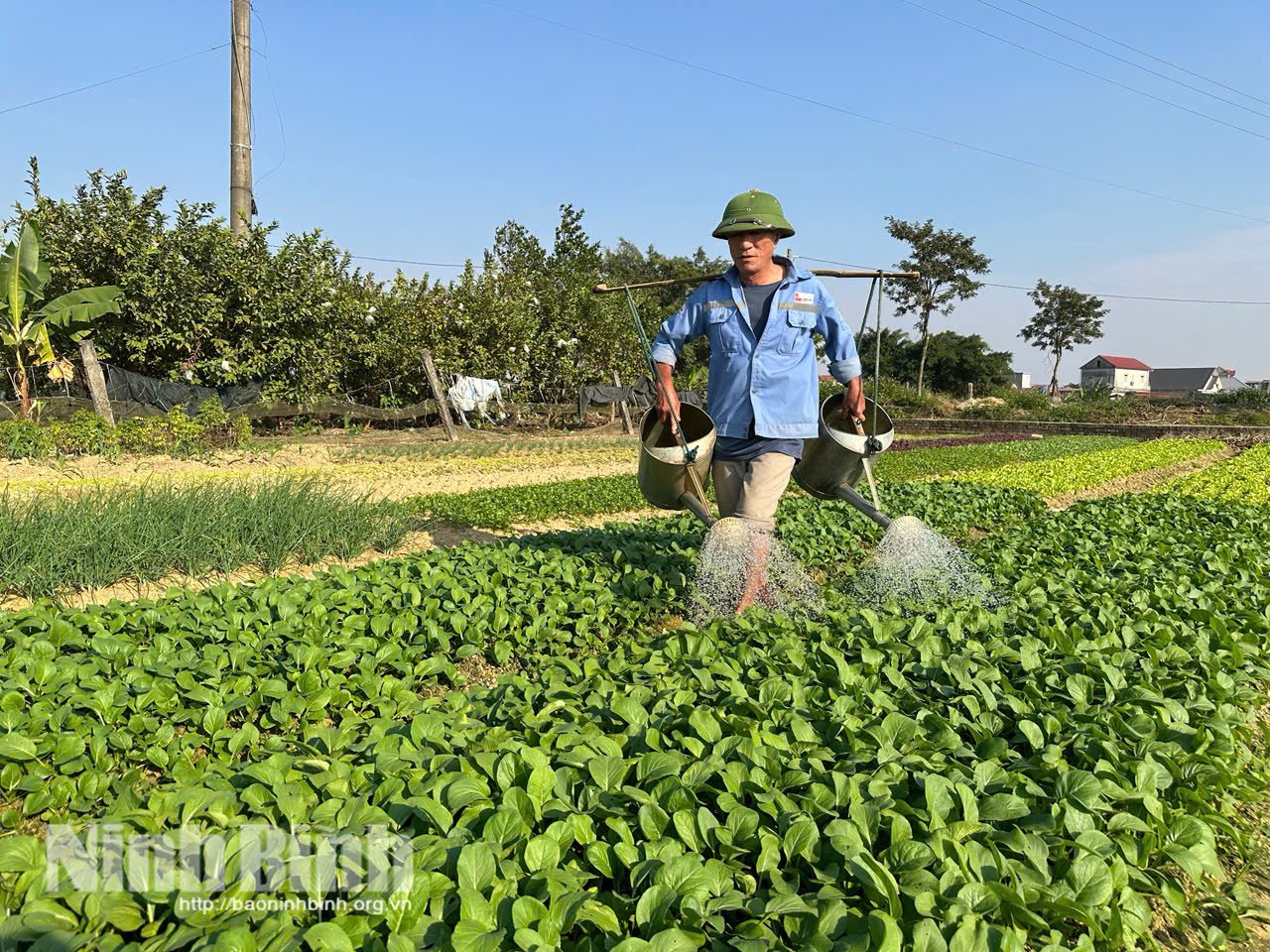
Sharing the joy of good prices, Ms. Vu Thi Dung (in the same residential group Tra Tu 1) also earned 20 million VND from 2 sao of vegetables. As a person with many years of experience in growing vegetables, Ms. Dung commented that the weather in the early winter crop is increasingly erratic, with frequent flooding. "To win the early winter crop, farmers must invest more systematically. If they do not have the conditions to build a greenhouse, they must build pots, make domes, cover with plastic, cover with nets, and even cover the bed surface with nets and nylon to avoid negative impacts of the weather," Ms. Dung emphasized.
Mr. Dinh Xuan Nam, Director of Van Tra Cooperative (Yen Thang Ward) said that, in the face of complicated weather developments, the Cooperative has proactively advised farmers to choose varieties that can withstand flooding well, such as water spinach and pennywort, and ensure timely drainage. With 23 hectares of vegetable cultivation area, the Cooperative supplies 2-3 tons of vegetables to the market every day. Thanks to good prices, cooperative members earn a profit of 7-15 million VND/sao.
Joy in the fields
The joyful atmosphere also spread to the fields of Yen Khanh commune. Although over 60 years old, Mr. Nguyen Van Xuan and Mrs. Bui Thi Nu (Dong Mai village) still diligently cultivate more than 1 hectare of vegetables including mustard greens, tomatoes and cucumbers.
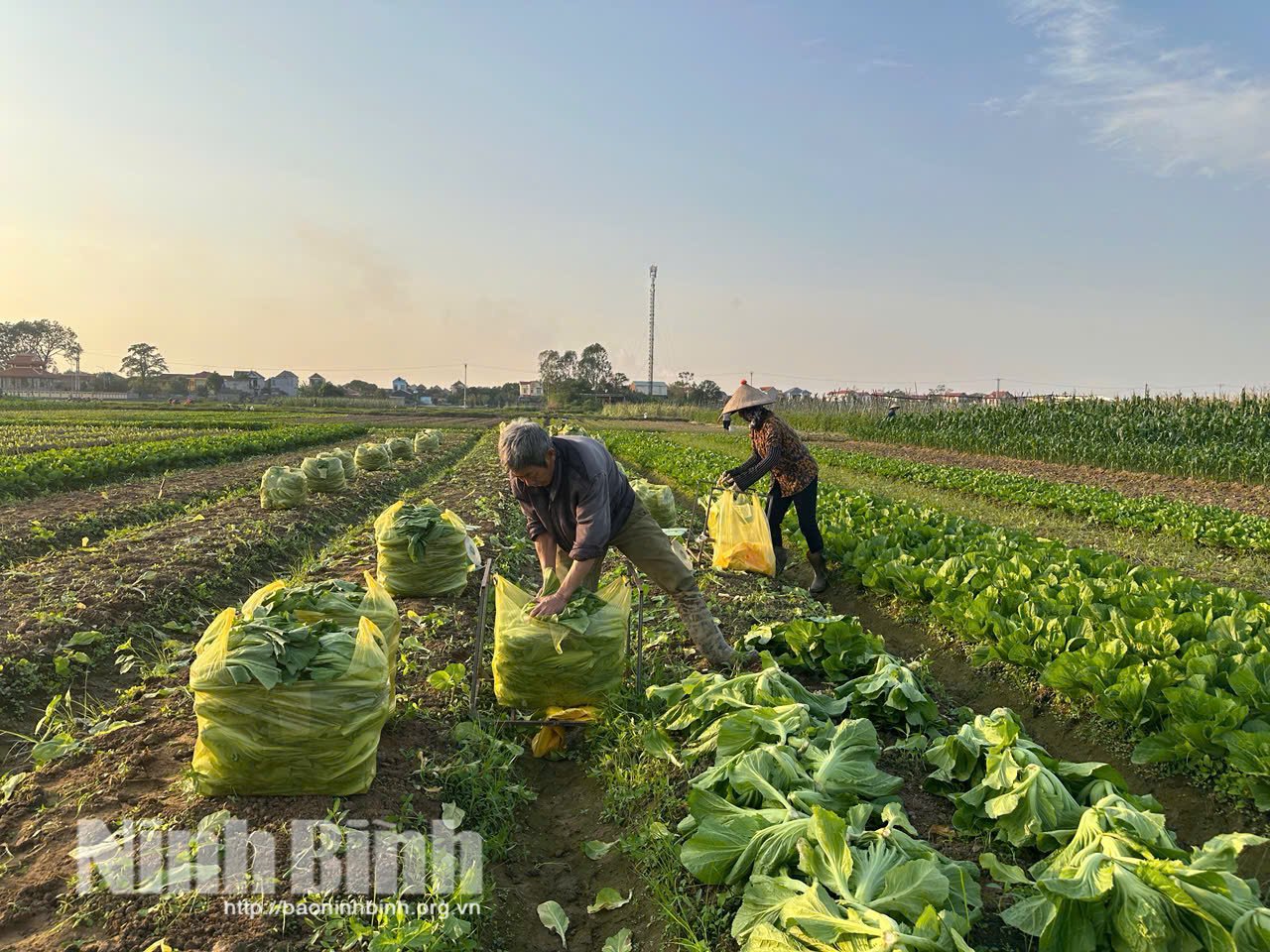
Just after harvesting, Mrs. Nu excitedly said: "This year there was a lot of rain, we had to take care of the seedlings for a long time to preserve them. Now the price of vegetables is up to 13,000 VND/kg, 4-5 times higher than last year (the low point of the previous crop was only 700 VND/kg). With a yield of about 700 kg/sao, after deducting expenses, her family earned a profit of about 7 million VND/sao, traders came to the field to buy everything."
Meanwhile, in the vegetable area of Yen Tu commune, the story of Mr. Tran Van Phong (Hamlet 2, Phuc Lai) is a typical example of smart production thinking in the context of labor shortage. Cultivating nearly 1 hectare of multi-crop field alone, he thoroughly applies the technique of covering the bed surface with plastic to limit weeds and reduce watering to only once a week.
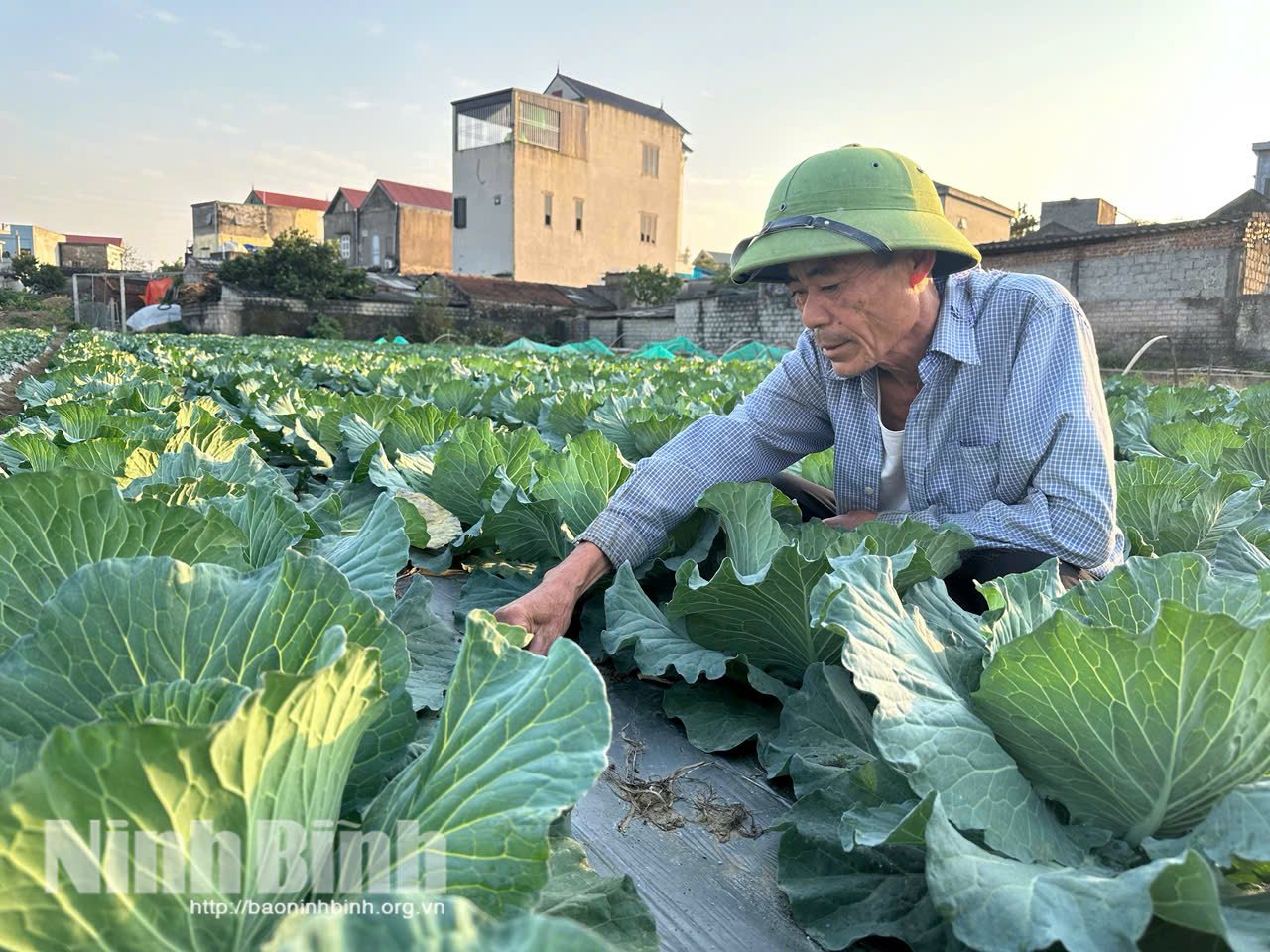
Especially with the squash grown on the 2-rice land, Mr. Phong chose the method of minimal land preparation, not making a trellis but using straw to cover the beds for the plants to grow naturally. This creative method both keeps the moisture and helps the plants grow well, bringing him more than 40 million VND in profit last year. Currently, his 1,600 cabbage plants and tomato and squash areas are growing well, promising a bumper crop.
Recommendations for safe and efficient production
According to the Department of Agriculture and Environment, the whole province has now planted 18,600 hectares of winter crops (reaching 81% of the plan of 23,000 hectares). Of which, the main crops are: corn 3,450 hectares, potatoes 1,750 hectares, sweet potatoes 625 hectares, tomatoes 700 hectares, squash 680 hectares, cucumbers nearly 1,000 hectares and the rest are other crops.
To ensure the supply of agricultural products and vegetables for the year-end market, the Department recommends that localities continue to expand acreage, prioritize short-term crops and associate with processing.
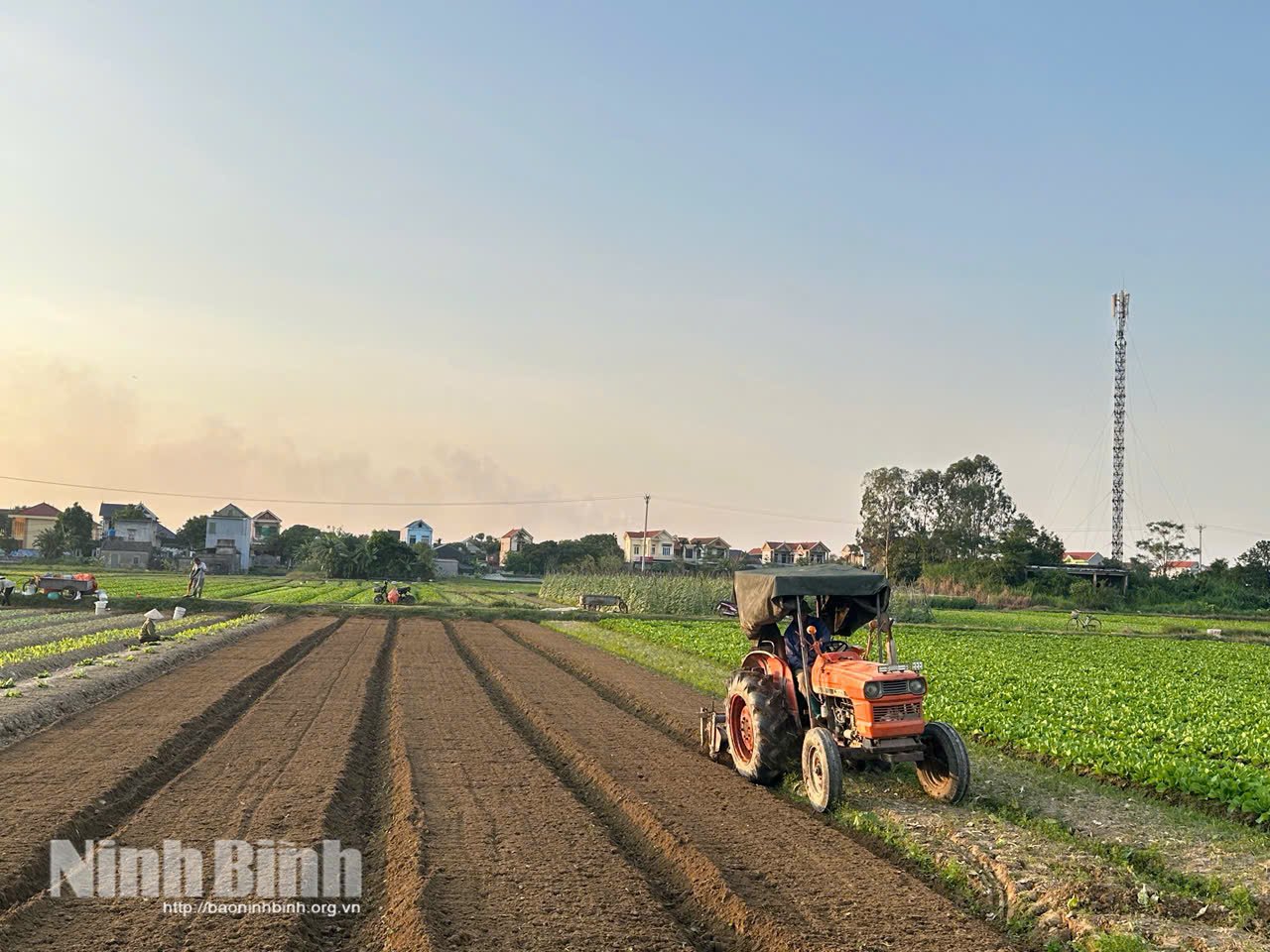
Faced with complicated weather conditions, experts advise farmers: Regarding farming techniques, it is necessary to make high beds to ensure drainage; use materials to cover the bed surface such as nylon, straw, peanut and bean stalks to ensure the vitality of young plants. In particular, instead of sowing seeds directly, farmers should sow in pots and nurseries first, then bring them to the fields. Regarding fertilizers, priority should be given to organic and microbial fertilizers, instead of chemical fertilizers.
In addition, winter vegetables are often very sensitive to weather changes, especially temperature and humidity. In conditions of prolonged rain and humidity, the risk of pests and diseases arising and spreading is very high, directly threatening the productivity and appearance of the products. Farmers need to maintain the habit of regularly visiting the fields to detect pests early and take timely measures.
When using pesticides, it is necessary to prioritize specific drugs and spray them in a concentrated and timely manner. In particular, farmers must strictly follow the quarantine time as prescribed on the packaging to avoid pesticide residues, ensuring absolute safety for consumers.
Strictly following technical procedures in adverse weather conditions not only helps farmers protect production results and achieve high productivity, but also ensures safe vegetable quality, thereby selling at higher prices and increasing sustainable profits.
Source: https://baoninhbinh.org.vn/dau-tu-bai-ban-cho-rau-vu-dong-som-nong-dan-thang-lon-251126164006456.html



![[Photo] Close-up of heavy damage at the school located on the banks of the Ban Thach River](/_next/image?url=https%3A%2F%2Fvphoto.vietnam.vn%2Fthumb%2F1200x675%2Fvietnam%2Fresource%2FIMAGE%2F2025%2F11%2F26%2F1764152130492_ndo_bl_img-8188-8805-jpg.webp&w=3840&q=75)



![[Photo] VinUni students' emotions are sublimated with "Homeland in the Heart: The Concert Film"](/_next/image?url=https%3A%2F%2Fvphoto.vietnam.vn%2Fthumb%2F1200x675%2Fvietnam%2Fresource%2FIMAGE%2F2025%2F11%2F26%2F1764174931822_10-3878-jpg.webp&w=3840&q=75)


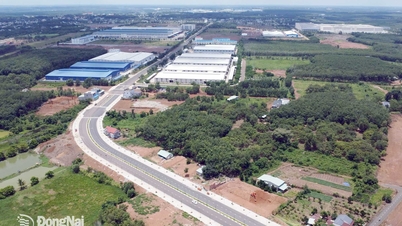

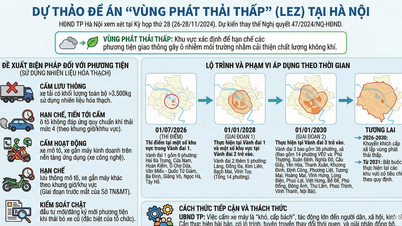




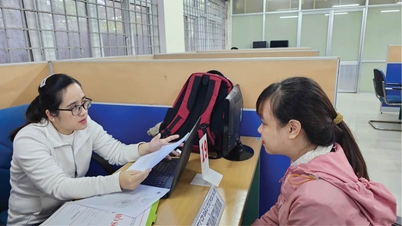





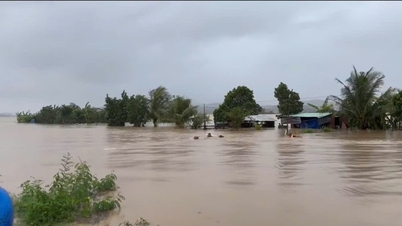
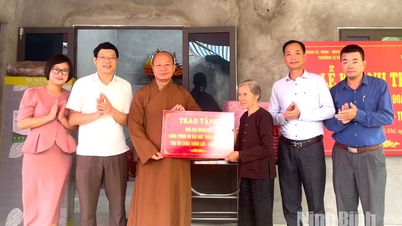


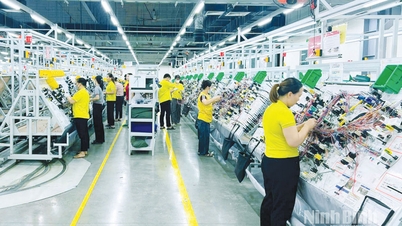










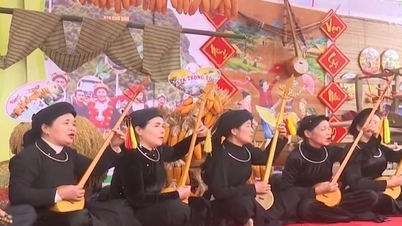







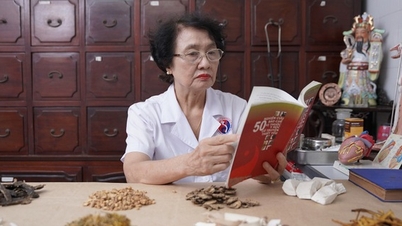









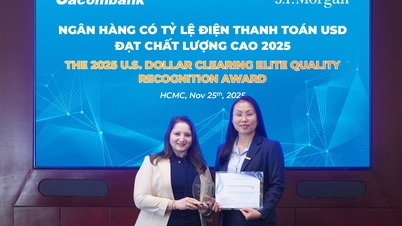

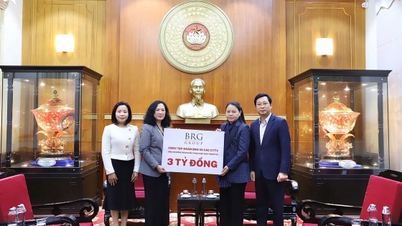












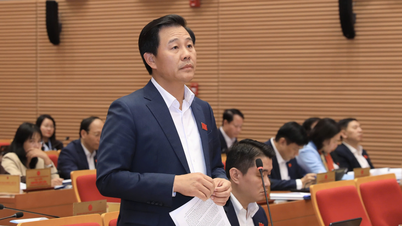
![[Photo] Opening of the 28th Session of the Hanoi People's Council](https://vphoto.vietnam.vn/thumb/402x226/vietnam/resource/IMAGE/2025/11/26/1764155991133_image.jpeg)








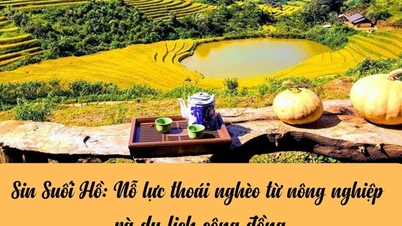




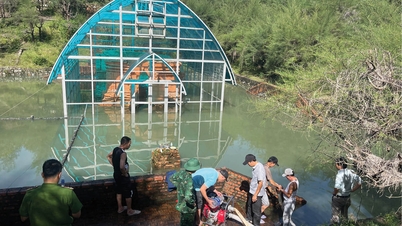
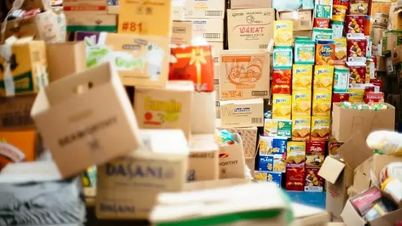









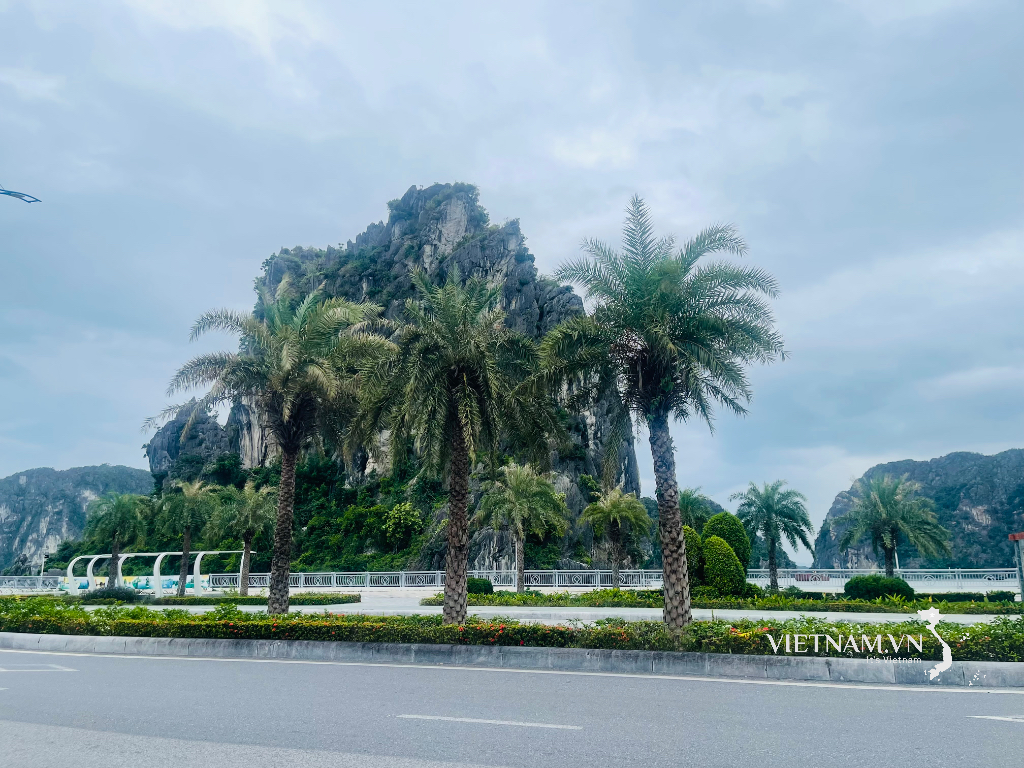



Comment (0)